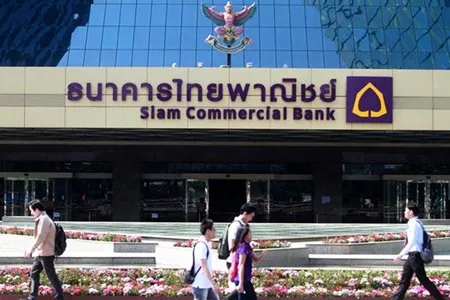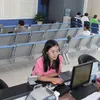ASEAN banks to accelerate branch presence in Viet Nam

Dau tu (Vietnam Investment Review) reported that Thai, Malaysian and Singaporean banks have been speeding the opening of branch locations in Viet Nam.
Further, Thailand's Siam Commercial Bank is waiting for approval from the State Bank of Viet Nam (SBV) to establish a branch in Viet Nam.
Siam Chief Executive Officer Arthid Nanthawithaya said the branch is expected to come into operation by the end of this year with capital reserves of US$75 million.
Another Thai lender, Kasikorn Bank, opened two representative offices in Ha Noi and HCM City earlier this year.
Meanwhile, Kasikorn General Director Preedee Dawchi said their presence in Viet Nam was meant to offer the bank flexibility in business management as more of customers are eyeing market expansion here.
In March, the SBV approved, in principle, Public Bank Berhad setting up a wholly-Malaysian invested bank in Viet Nam, while Malaysia's Maybank already has two branches in Ha Noi and HCM City.
Also, United Overseas Bank has been attempting to establish a wholly Singaporean invested bank in Viet Nam since 2008, and the Ministry of Finance recently asked the Government to allow their request.
According to Dau tu, ASEAN banks investing in Viet Nam have in common their having operated overseas for years, and are seeking to increase revenues in regional markets.
Earnst & Young Viet Nam Deputy General Director Nguyen Thuy Duong reportedly said foreign banks are "longing for opportunities to get an official ticket" to enter Viet Nam, referring to the country's market opening, in line with regional integration commitments.
The service markets, in general, and banking – finance, in particular, must be opened to a level of at least 70 per cent, when the ASEAN Economic Community forms at the end of 2015, and 100 per cent by 2020. World Trade Organisation commitments also require the country to fully open its banking sector to foreigners by 2020.





